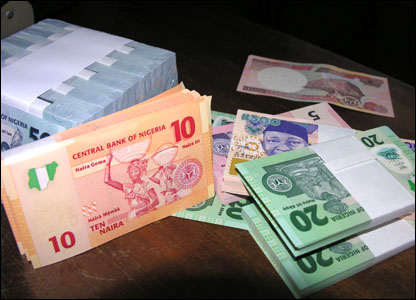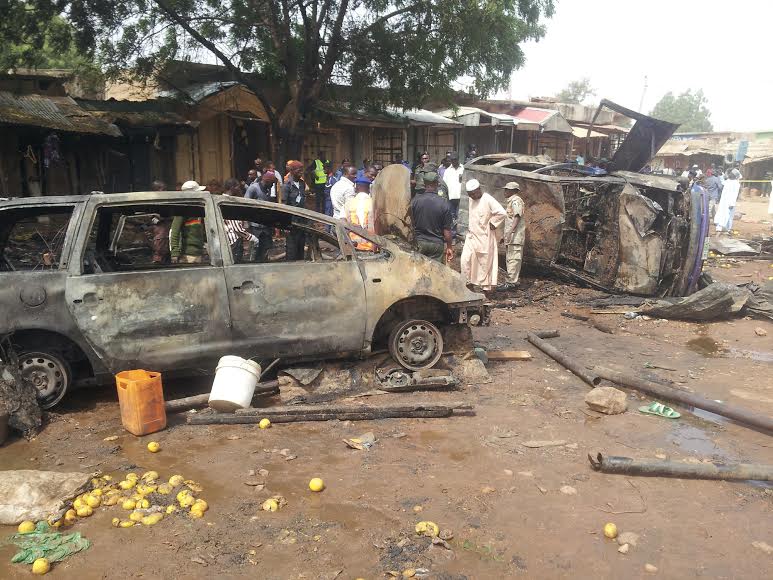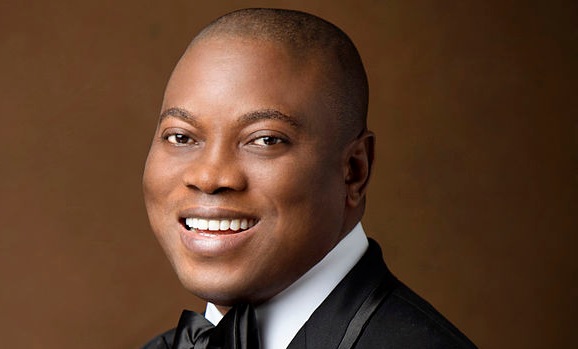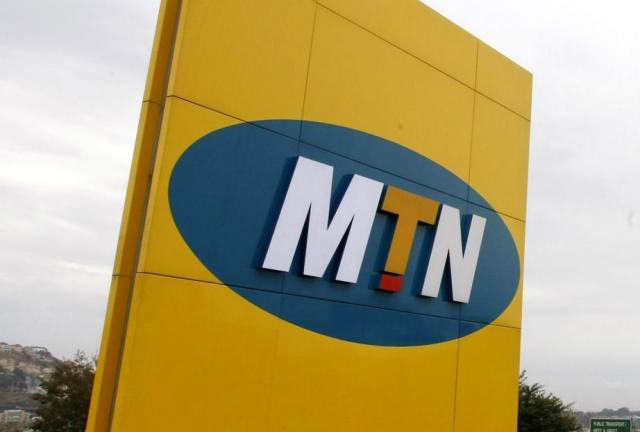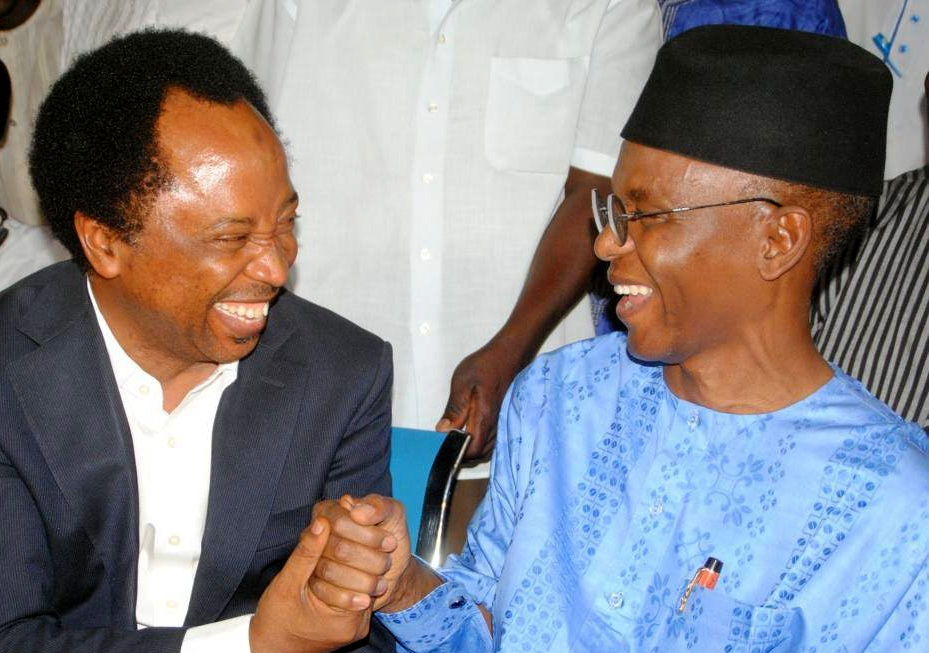The Central Bank of Nigeria says it may devalue the naira if it is found to holistically be in the overall interest of the nation, saying hard choices would be made in 2016.
Moses Tule, the director, monetary policy department of the CBN, while speaking with journalists in Abuja, said the restriction on foreign exchange may continue until the country has built its reserves to over $50 billion.
He said analysis in newspapers and other media platform cannot push the CBN into devaluing the currency, but the CBN would take the right decisions on the naira.
“No matter how good a professor of war studies is, he cannot tell a general how to conduct and deploy his men,” he said.
Advertisement
“The general is the man on the field, he is where the battle is, he has his maps and strategy for the battle that will give him victory no matter how knowledgeable the professor is he cannot advise him in the battlefront.
“People should respect institutions, so if you have some advice to give, you can always write to the CBN governor. But no central bank takes decisions just because analysts either in newspapers or on television recommend that the naira should be devalued today, as policy makers have to weigh the fundamentals.
“However, the CBN is holistically looking at the issues, and as we have consistently said, we will not hesitate to take the right decision that in our opinion is in the best interest of the country and help realise the goals of government as enunciated in the 2016 budget.
Advertisement
“So overall that is the position of the CBN; there is a policy direction which government has given in the 2016 budget and every central bank works with the policy direction of government and we will not work outside that framework.”
On the ban of debit cards abroad, Tule said the limitation was not imposed by the CBN, but by the commercial banks themselves.
“The limitation on the use of debit or credit cards outside the country was not a limitation that was placed by the CBN.
“They were restrictions that Deposit Money Banks placed because they have to settle whatever transactions you make with your debit cards with their corresponding banks in foreign currency. And if the banks do not have the foreign currency to do that, then you create a liability problem for them.
Advertisement
“Given the level of current flow into the reserves, by the time we meet these priority areas, you will discover that people who are using their debit cards overseas for shopping can never be on the priority list.”
OPPOSITION TO NAIRA CARD BAN
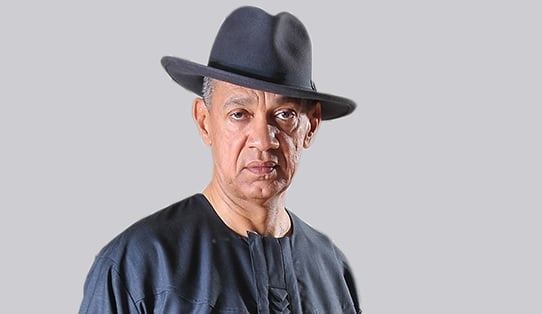
Nigerians abroad protested the ban on naira card, saying the abrupt ban has crippled their activities for the rest of the year, brewing uncertainty for 2016.
A student who spoke to TheCable from the UK said she had enough in her UK bank to keep her for a few months, after which she “might be in trouble”.
Advertisement
Ben Bruce, senator representing Bayelsa east constituency, said he the CBN should be sensitive to the plight of Nigerian students and employ BVN in placing a ban on politicians not students.
“If we must ban ATM card use abroad, why not ban it for politically exposed people like me instead of ordinary Nigerians that depend on it? With BVN, the CBN has the account details of all elected and appointed politicians in Nigeria.
Advertisement
“Don’t punish Nigerians for our wrongs! A lot of the Small and Medium scale enterprises that employ the majority of Nigerians, depend on their ATM cards to do business abroad.
“What do Nigerians in foreign hospitals for life threatening illness do if they can’t access funds via ATM? What do Nigerian students schooling abroad and who depend on their parents to fund them via Naira ATM do?
Advertisement
“How do bloggers pay for hosting if ATMs won’t work on foreign sites? Is this SocialMediaBill via backdoor? What do thousands of young Nigerians who promote their businesses to the world via Facebook/Twitter Ads do?
HARD CHOICES IN 2016
Tule said the policy makers would take hard choices in 2016 in order to suit the design of the 2016 appropriation bill.
Advertisement
“If you read the budget speech of the President, there was one sentence there where he said we must make hard choices in 2016. The budget is designed to open the growth potential of the economy and the President has said we must make hard choices.
“As policymakers, we are going to make those hard choices so at the right time, the CBN will take the appropriate decisions that will strengthen the foreign exchange market.”
Add a comment

